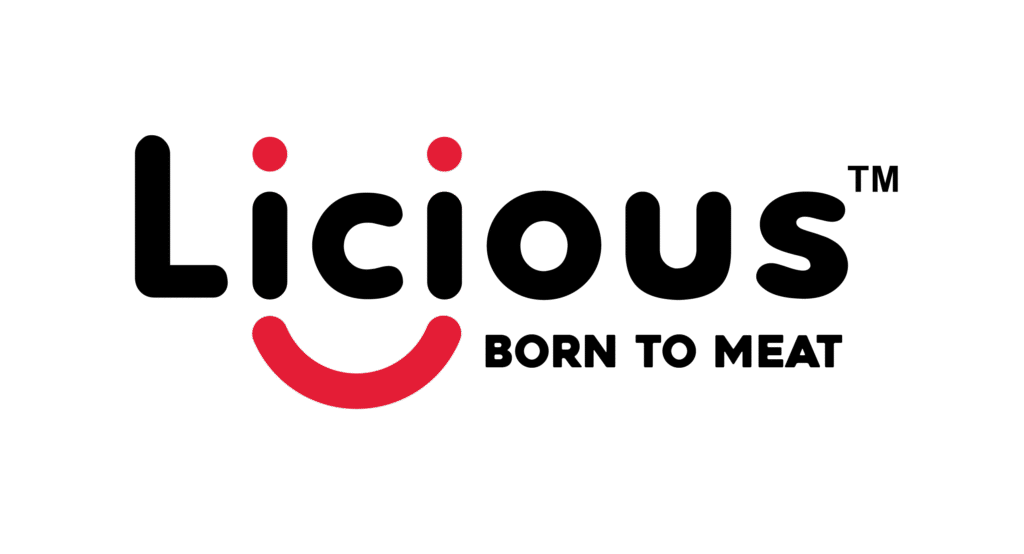Hi there, I’m Matthew Taylor, a Customer Support Lead. In my role, I get a frontline view of evolving customer expectations, and nowhere is this more apparent than in the meteoric rise of quick commerce. The demand for ultra-fast delivery of everyday essentials has reshaped India’s retail landscape. If you’re wondering who the key players are in this dynamic space, you’ve come to the right place. This article explores the Top quick commerce companies India 2025, highlighting the brands leading the charge in delivering groceries, essentials, and more in minutes, not hours or days.
The Explosive Growth of Quick Commerce in India
The quick commerce (q-commerce) sector in India isn’t just growing; it’s exploding. Industry reports consistently highlight staggering growth figures. We’re seeing projections indicating the market could reach a staggering $5.5 billion by 2025. This rapid expansion, significantly outpacing traditional e-commerce growth in certain aspects, is fueled by increasing urbanization, smartphone penetration, changing lifestyles demanding convenience, and significant venture capital investment. Some established players are witnessing sales increases upwards of 280%, underscoring the massive consumer shift towards instant delivery services. The market value already touched $3.3 billion in FY24, showcasing its current scale.
What Defines the Leading Q-Commerce Players in 2025?
Being one of the top quick commerce companies in India for 2025 requires more than just a delivery app. Key success factors include:
- Speed and Reliability: Consistently meeting delivery promises (often 10-20 minutes).
- Network Density: Strategic placement of ‘dark stores’ (mini-warehouses) for hyperlocal reach.
- Product Assortment: Offering a relevant range of groceries, fresh produce, personal care, and sometimes even electronics or ready-to-eat meals.
- Technology Backbone: Efficient inventory management, route optimization, and user-friendly app interfaces.
- Scalability: The ability to expand rapidly into new areas, including Tier-2 and Tier-3 cities.
- Unit Economics: Navigating the complex challenge of making ultra-fast delivery profitable.
Top 10 Quick Commerce Companies in India for 2025
Based on current market share, growth trajectory, funding, and operational scale, here are the companies defining the quick commerce landscape in India heading into 2025. From my perspective observing market trends and customer interactions, these are the names consistently setting the pace:
1. Blinkit (formerly Grofers)
Acquired by Zomato, Blinkit is arguably the market leader, commanding a significant market share estimated between 40-46%. They reported impressive revenue growth, reaching ₹942 crore in June 2024. Known for its extensive dark store network and aggressive expansion, Blinkit offers a wide range of products delivered in minutes.

2. Zepto
Zepto burst onto the scene with its 10-minute delivery promise and quickly became a major contender. It has raised substantial funding (around $2.29 billion mentioned in reports) and demonstrated remarkable revenue growth, reportedly doubling its revenue to Rs 4,454 crore in FY24 from Rs 2,024 crore in FY23. Zepto focuses heavily on optimizing its delivery network for speed.
3. Swiggy Instamart
Leveraging Swiggy’s existing logistics network and large customer base from its food delivery business, Instamart offers quick grocery and essentials delivery, typically within 15-30 minutes. It’s a significant player competing directly with Blinkit and Zepto across major cities.

4. Dunzo Daily
While Dunzo started as a broader hyperlocal delivery service, Dunzo Daily focuses specifically on quick grocery delivery through its own network of mini-hubs. Backed by major investors like Reliance Retail, it remains a key competitor, particularly in the cities where it operates its Daily service.
5. BBNow (BigBasket)
BigBasket, a veteran in the online grocery space (now backed by Tata), launched BBNow to compete directly in the quick commerce segment. Leveraging BigBasket’s extensive supply chain and grocery expertise, BBNow offers 10-20 minute deliveries for a curated range of essentials.
6. Flipkart Quick
Walmart-owned Flipkart entered the q-commerce space with Flipkart Quick, aiming to deliver groceries and essentials within 45-90 minutes initially, and continually optimizing for faster timelines. It leverages Flipkart’s vast e-commerce experience and logistics capabilities.
7. JioMart Express
Reliance Retail’s JioMart has also entered the fray with express delivery options in select locations. Leveraging Reliance’s extensive retail footprint and digital ecosystem, JioMart Express is positioned to be a significant competitor as it scales its q-commerce operations.
8. Licious
While specializing in fresh meat, seafood, and ready-to-cook/eat items, Licious operates on a quick delivery model (often same-day or within hours, pushing towards faster slots), catering to a specific but important niche within the broader rapid delivery market.

9. Country Delight
Initially focused on milk and dairy products, Country Delight has expanded its portfolio to include other essentials, delivering fresh products directly to consumers, often with early morning scheduled deliveries but also exploring faster models fitting the q-commerce trend for certain items.
10. StarQuik (A Tata Enterprise)
Another player backed by the Tata group (via Trent Hypermarket Pvt. Ltd.), StarQuik offers online grocery delivery, including faster delivery slots in the areas it serves, competing within the broader e-grocery and increasingly, the q-commerce influenced market.
Disclaimer: The quick commerce market is highly dynamic. Rankings and market positions can shift rapidly due to funding, acquisitions, and operational changes. This list reflects the major players anticipated to lead in 2025 based on current data.
The Technology Fuelling the Speed
The magic behind 10-20 minute deliveries isn’t magic at all; it’s technology. Q-commerce relies heavily on:
- Dark Stores: Strategically located, delivery-only warehouses optimized for quick picking and packing.
- Geographical Mapping & AI: Advanced algorithms for demand prediction, inventory placement, and delivery route optimization.
- Efficient Logistics: A dedicated fleet of delivery partners operating within tight hyperlocal zones.
Reports suggest these technologies enable over 60% of orders in some networks to be delivered within 40 minutes, with leading players aiming for much faster times.
Future Outlook: Opportunities and Hurdles
The future looks bright but challenging for the top quick commerce companies in India 2025. Key trends include continued expansion into Tier-2 and Tier-3 cities and diversification of product categories. However, challenges remain, including achieving sustainable unit economics, managing intense competition, addressing environmental concerns related to packaging and delivery, and navigating regulatory landscapes. Despite these hurdles, the user base is projected to grow significantly, potentially reaching over 60 million users by 2029, with the sector expected to maintain strong growth (40-45%) over the next few years.
Conclusion: The Q-Commerce Revolution Continues
The rise of quick commerce is fundamentally changing consumer behaviour and retail operations in India. Companies like Blinkit, Zepto, Swiggy Instamart, and others mentioned are at the forefront of this revolution, constantly innovating to deliver speed and convenience. As we look towards 2025, the competition among the top quick commerce companies India 2025 will undoubtedly intensify, leading to better services, wider reach, and potentially consolidation. It’s an exciting, fast-paced market to watch, and from my vantage point in customer support, it’s clear that the demand for instant gratification is here to stay.
What are your experiences with quick commerce in India? Feel free to share your thoughts or favorite service!





